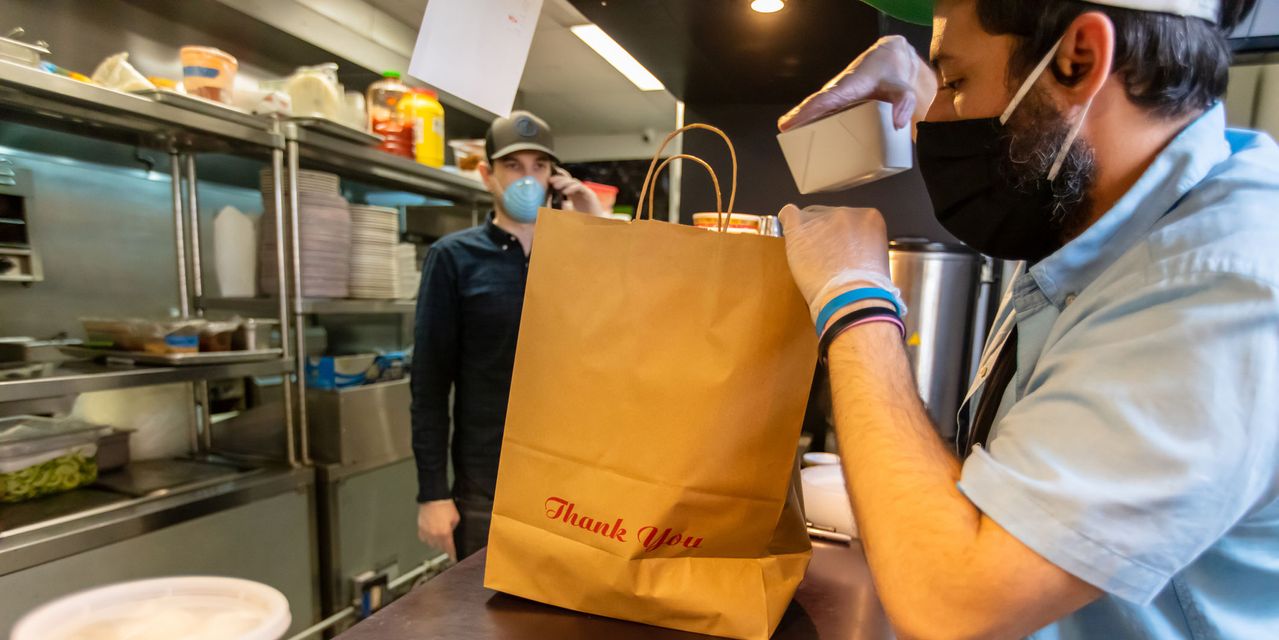Starting July 1, workers in several states will be entitled to a higher minimum wage.
Thanks to a law enacted three years ago, Connecticut residents who currently make $13 an hour will get a raise to $14. Meanwhile, non-tipped workers in In Washington, D.C., will start making an hourly wage of $16.10. Oregon workers will also start to earn a minimum wage of $13.50, though, due to a tiered-wage system, rural residents will earn a dollar less and Portland metro residents will earn $1.25 over the standard wage. And in Nevada, wages will jump to $10.50 for workers without health benefits and $9.50 for workers with benefits.
It’s a move some advocates and businesses are celebrating.
“With the federal minimum wage stuck at an abysmal $7.25 an hour, state increases are essential for workers, businesses and the economy,” Holly Sklar, the CEO of Business for a Fair Minimum Wage, a national network of business owners and executives advocating for pay increases for wage workers, said in a statement. “Minimum-wage increases make it more possible for workers to afford the basics and strengthen the consumer spending that businesses depend on.”
Business owners from across the country joined the statement in support, including Constance Palaia, the owner of Motel Del Rogue in Grants Pass, Ore.
“‘With the federal minimum wage stuck at an abysmal $7.25 an hour, state increases are essential for workers, businesses and the economy.’”
“We have a $15 minimum wage because we want our staff and their families to live secure, healthy lives,” Palaia said. “Our employees are great and stay with us, which is unusual in the high-turnover hospitality industry and has positioned us well for the 2022 travel boom. Raising the minimum wage will help Oregon build a stronger economy and more resilient businesses.”
It’s not just states raising their minimum wages. Employees in Los Angeles will also see their minimum wage increase to $16.04 from $15 an hour starting July 1, while Chicago workers will also get a bump above $15 an hour for the first time to make $15.40 hourly. In Minneapolis, workers will start making $13.50 an hour if they’re employed at businesses with fewer than 100 people — though they can earn $15 an hour if they work for a bigger company.
In 2020, more than 73 million workers over the age of 16 were paid an hourly rate in the U.S., with approximately 1.1 million of them earning at or below the federal minimum, according to government data. America’s federal minimum wage has remained at $7.25 since 2009. Several states continue to pay workers that bare minimum, including North Carolina, Kentucky, Indiana and others.
“‘In only 7% of counties nationwide can a full-time minimum-wage worker afford a one-bedroom apartment at fair market rent.’”
The left-leaning Economic Policy Institute has said that if the country were to boost the federal minimum wage to $15 an hour, workers would receive over $108 billion in additional pay and earnings would rise for 1 in 3 Black workers.
During his first State of the Union address last March, President Joe Biden made a push to increase the federal minimum wage, a proposal Democrats tried but failed to enact last year. “Raise the minimum wage to $15 an hour,” Biden said before an audience of lawmakers.
While worker advocates have long rallied for a $15 federal minimum wage, even that may not be enough with an ever-increasing cost of living. Inflation is at a 40-year high, and the National Low Income Housing Coalition, a D.C.-based affordable housing group, estimated in 2021 that workers would have to earn $20.04 an hour for a modest-one bedroom rental.
“In no state, metropolitan area, or county can a worker earning the federal minimum wage or prevailing state minimum wage afford a decent two-bedroom rental home at fair market rent by working a standard 40-hour week,” the group said. “In only 7% of counties nationwide can a full-time minimum-wage worker afford a one-bedroom apartment at fair market rent.”
Republicans have for years been reluctant to raise the federal minimum wage due to arguments from conservative groups saying it would negatively impact small businesses and raise prices for consumers, though some conservatives have warmed to the idea of an increase. The majority of Americans support a $15 federal minimum wage, according to a 2021 Pew Research Center survey.
